10 essential budgeting tips for beginners
Pete Zimmerman | 4/25/23
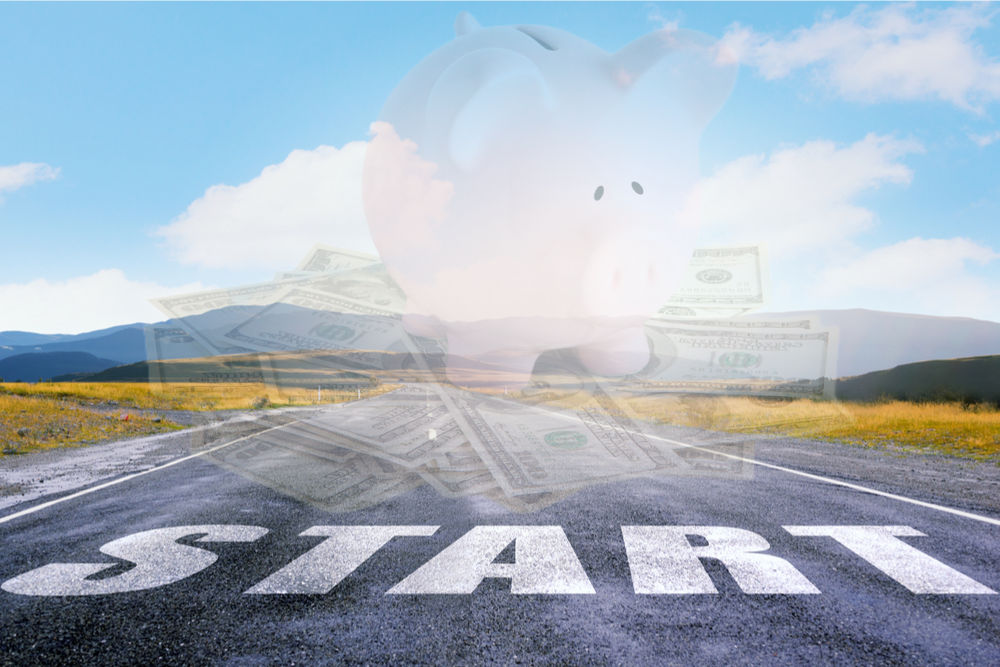
This post at a glance
( TL ; DR )
If you're in a hurry, you can also hit GO TO VIDEO below
Read time: 5 minutes
Summary: Do you want to be smarter with your money but aren't sure where or how to start? Check out these 10 must-know budgeting tips for beginners.
Budgeting isn't for experts - it's for everyone ... especially beginners
A recent survey showed that 30% of Americans are in credit card debt ... under water between $1,001 and $5,000.
$5,000 isn't chump change.
Even if you're throwing $100 a month at it, it'll cost you another $5,500 in just interest over the 100+ months it takes to pay (with a 20% interest rate). That's on top of the $5,000 you paid back. OUCH - that hurts.
Clearly, getting into debt isn't the answer to money problems.
What is?

Learning to control and manage your money.
If you're barely scraping by each month and new to managing your money, it's probably hard to know where to start. So budgeting tips for beginners are in order. Are you living a lifestyle that isn't supported by your income? Or are you not even certain one way or the other? That's where budgeting comes in. It's your ticket to create a realistic and repeatable way of managing your money.
Keep reading to find out what budgeting tips for beginners you need to use if you want to stop scraping by and start taking control.
1. Use credit cards
What?
Did someone forget the "don't"?
Nope. Credit cards get a bad rap, and for good reason. High-interest debt murders your finances...look no further than the intro paragraph above.
But...
When you use them correctly, there are TONS of benefits. Using a credit card responsibly can give a big boost to your credit score. You can accumulate points (and get free cash back) for spending that was going to happen anyway. And there's solid fraud protection that isn't available with debit cards and bank accounts.
But for the purposes of budgeting, the BIGGEST benefit is that putting all of your spending in one place makes it a breeze to track it. You can link your card up to an app, or use the credit card company's site or app to get complete and repeatable information on what you've spent over the last month. And knowing—in detail—what you're spending is half the battle.
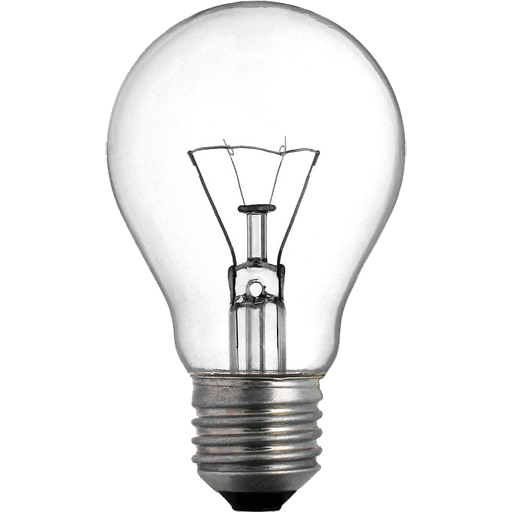
Pro-Tip
USING CREDIT IS GOOD, AS LONG AS...
Credit cards are big reporters to the national credit bureaus. That means that your score can get a boost, just by paying your bills with a card (you have to pay them anyway). The drawback is that if you don't use your card responsibly, that's getting reported too. Also, to be sure that you don't get into a debt tailspin, be sure to pay off the balance every month.
2. Understand what's coming in
The other half is understanding what's coming in. Using a credit card for all of your purchases can greatly help you track what's going out, but what's coming in is just as important. If you're spending $2,400 per month, having an income of $1,500 and $3,000 are completely different things.
It's a little easier if you're on a set salary. That means that you have the same amount of money coming in every month (assuming you don't have a side gig). But the majority of Americans don't have a set salary every single month. Your salary may fluctuate depending on the hours you work, tips you earn, or overtime that you take on.
Take a look back over the last six months to a year to see what your paychecks have amounted to, and create an average of how much you can expect to make on a monthly basis. This will help to set down the first building block for your budget budget. It lets you know what you have to work with and where your spending needs to land to stay in balance.
3. Separate wants and needs
The next thing you need to do is separate your budget into two sections: wants and needs. These are the main categories that impact where your money can ( and has to ) go. McDonalds or groceries may be a need. But lobster and steak at the local Flemings three times a week? Probably not. If you think it through, this isn't too hard. Just be honest and don't try to fool yourself.
And just be aware...
If you are serious about getting control of your money (and becoming more financially free), you may have to sacrifice a little on the "wants" side. Prepare yourself ahead of time, and it may be easier to swallow.
For tips on how to do this, check out this article on budgeting.
4. Be realistic
Here's one way to take control of your money: don't spend any money... on anything unnecessary... ever.
You won't run out of money by the end of the month. You won't rack up debt. And you're guaranteed to save money (even if it's totally unclear what you'll ever do with it). We call this one the "Strangler Budget". You can probably guess why.
The drawback is that it's completely unrealistic.
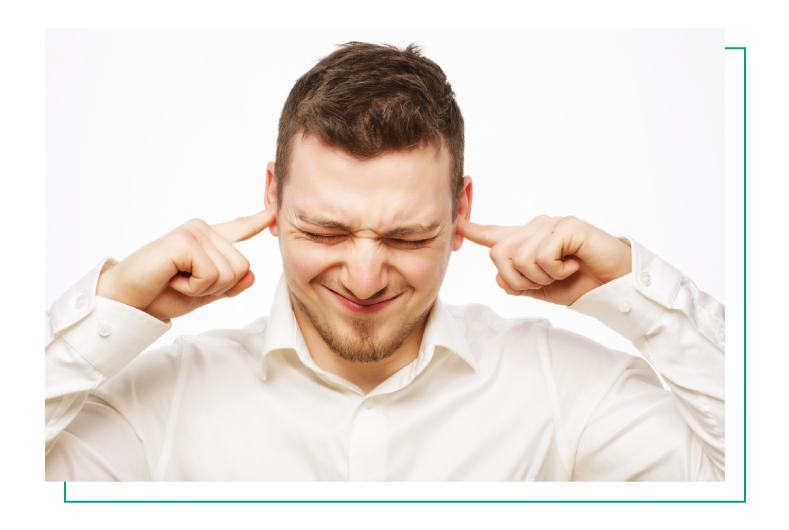
This is an extreme example, but people create unworkable budgets every day, and then throw up their hands and give up when they can't stick to them. The problem is in the design. Don't make it harder than it already has to be.
If you truly want to have a latte every day, don't deny that it's happening, or close your eyes, put in on your credit card, and pretend it didn't happen. Instead, build it into your budget. Allocate $4 per day (about $120 per month) to your habit. Own it. And figure out where you will need to cut elsewhere to support it.
Because remember, budgeting is all about prioritizing where your money goes, and where it doesn't.
5. Start an emergency fund
Something important that many people neglect doing is starting an emergency fund, which is a stash of money set aside for... you guessed it... emergencies.
But what does that mean?
It means that the funds can be used for any kind of expense that you were not planning for, but shouldn't be used for everyday, expected expenses.
For instance, your car may break down and need a costly repair. Or you may break down and have medical expenses (as well as lost wages). These are what your emergency fund is for. It's an important part of your budget picture because it's a backstop against things that would completely blow it up for a month or more.
An emergency fund is different from traditional savings. Savings are there to accumulate for future uses, an emergency fund is when you need money in a pinch.
Experts say that you should have at least 3 to 6 living expenses saved in your emergency fund. This would give you enough to live off of in case you lost your job, or were unable to work and had no income at all.
Wondering how much your emergency fund should be? Check out Cashbasic's free calculator.
6. Use budgeting tools
Mint isn't a budget.
Neither is your Google Sheet, overflowing with expenses and numbers. Or your pen and paper (if that's your thing).
Tap your forehead with your index and middle finger. That's where your budget lives. That's where you prioritize your spending (and your life), and that's where the discipline and motivation come from to make your budget work.
But...
You also have a thousand things going on in your life, and can't expect to memorize everything that you do.
Luckily, there are tools that can make your job easier. Anything that can help you organize and stay consistent will be a huge benefit in your budgeting process. That could be a pen and paper, an app, or a set of envelopes filled with physical cash (check out the Envelope System). The point is, find something that helps you stay organized and on track... and stick with it.
You don't need a list of apps here. A Google search will give you 5,000,000 results (most of them sponsored). Take your pick.
7. Identify your weak points
You aren't a machine. You have wants and needs, fears and dreams. And some of this humanity is guaranteed to show up in your spending. That's alright - embrace it.
But understand it too.
This ties in with Point 4 above, but with a twist. Be realistic and know what you're going to spend money on. That way you can plan for it and build it into you budget. But you also need to get wise to the things you're routinely spending on, that you really didn't want all that much in the first place.
This repeated, unfulfilling spending makes up your personal weak points. Don't worry, everyone has them. Maybe you are a sucker for clothes when they go on sale, but you don't really enjoy them as much as your daily trip to the coffee shot. Tag these things, so you are ready with some options if your budget isn't balancing out and you need to make cuts.
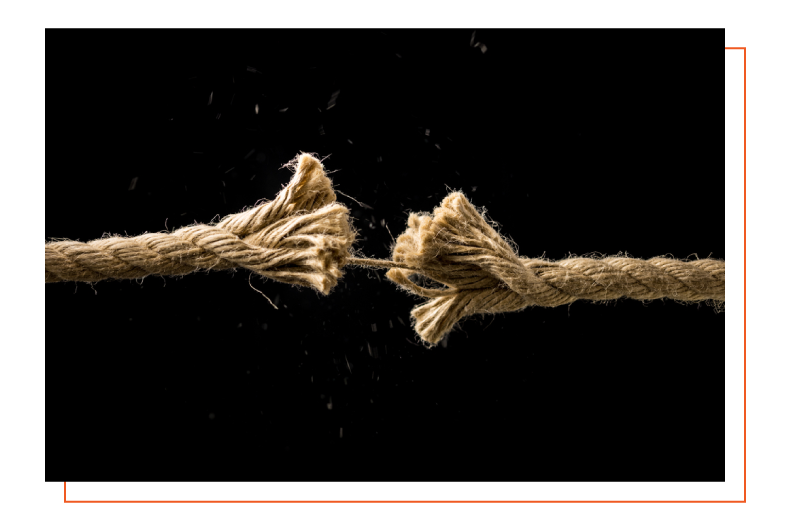
So look back over your past six months of spending, and get our your red pen. Do you see anything that you've consistently spent on, that isn't a huge priority to you? And wasn't really worth it? That's what you're looking for here.
As a bonus, try to read between the lines of your spending as well.
What's that mean?
Even if your unfulfilling spending is all over the map in what it is, maybe there's some pattern to how it happened.
That could mean visiting a store you like and browsing once every week or two. Or getting regular "you might like this too" emails from a retailer (looking at you, Amazon). But want to know the biggest culprit for millions of people?
Social media.
Check out this post on social media and spending if you want to learn more about this stealth killer of your finances.
Want to quickly see where your money is going, and shine a light on those weak spots? Check out the Spending Snapshot.
8. Control your subscriptions
How much would you guess the average American spends on subscriptions each month?
According to a C+R Research study, close to $220.
As far as budgeting goes, subscriptions aren't a big deal. Since they repeat on a consistent basis, they're relatively simple to budget for. The problem comes in when you don't understand the impact on your monthly spending, or underestimate the number of subscriptions you're paying for.
The same study from above also showed that Americans underestimated the amount of their subscriptions by $100-$200 per month, and over 40% had forgotten about a subscription that they're still paying for. These can bust your budget if you aren't aware of them.
Also, if your budget is tight, ditching unused subscriptions are a great place to cut spending. The savings windfalls repeat each month, which can give you wiggle room in your other spending.
9. Pick the best budget for YOU
What's worse than not having a budget?
Picking a budget that doesn't fit your personality and lifestyle.
Starting a budget that you can't or won't consistently follow is like taking one step forward and two steps back. And when you're a beginner, just getting used to the idea, it can be enough to make you give up on managing your money altogether.
Not good.
So one of the BEST budgeting tips for beginners is to pick the right budget. "Right" means a budget that fits your personality and lifestyle, and won't require huge amounts of effort and (limited) willpower to stay on track. For example, if you tend to fly by the seat of your pants, choosing the Zero-based Budget is probably not a good idea because of the organization it requires. You'd be better off with a simpler strategy, like the Two-account Plan or similar.
Again, don't make it harder than it already has to be. Pick a budget that fits you like a glove, and you'll be much more likely to stick with it.
What budget style is best for you?
Check out the comparison below to learn more.
| 50/30/20 Budget | Medium | Medium | Medium |
| The Envelope System | Medium | Low | High |
| The Zero-based Budget | High | Medium | High |
| The Two-account Plan | Low | High | Low |
10. Get in the habit of tracking
After you've started your budget, you'll need to continually keep an eye on it. Look back at each month and see how your budget is going. Keep an eye out for things that you can improve or issues that you have developed. Your budget will evolve over time, depending on your income and changes in your spending habits.
You may need to adjust it if you make more or less, or you may need to make another budgeting category. You'll also change your budget as you meet your financial goals, and start to work towards new ones.
Budgeting tips for beginners 101
If you are just starting out on managing your money, and especially if you're on a limited income, these budgeting tips for beginners should put you on the right track. These tips will help you to create a budget that is realistic, help you save money, and make you more successful with your finances.
Video coming soon...
Share this post
There are no comments yet.
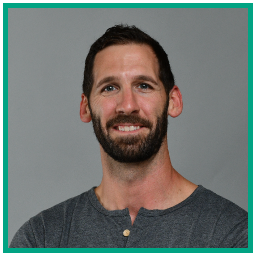
Pete Zimmerman
I've worked in financial services for more than a decade, and know where all the bodies are buried (and where the motivations are). I'm a Certified Financial Planner® and a licensed real estate broker, and love using what I've learned to simplify financial concepts and bring them to life in the real world, for working-class people like you.
Interested in more money ideas and solutions for your life?
Join Cashbasic's mailing list today and get exclusive content and offers direct to your inbox.
Social Connections
Special Thanks
Get Cashbasic's very best content (and exclusive offers) direct to your inbox.
No spam, ever. And we never share or sell your information.
